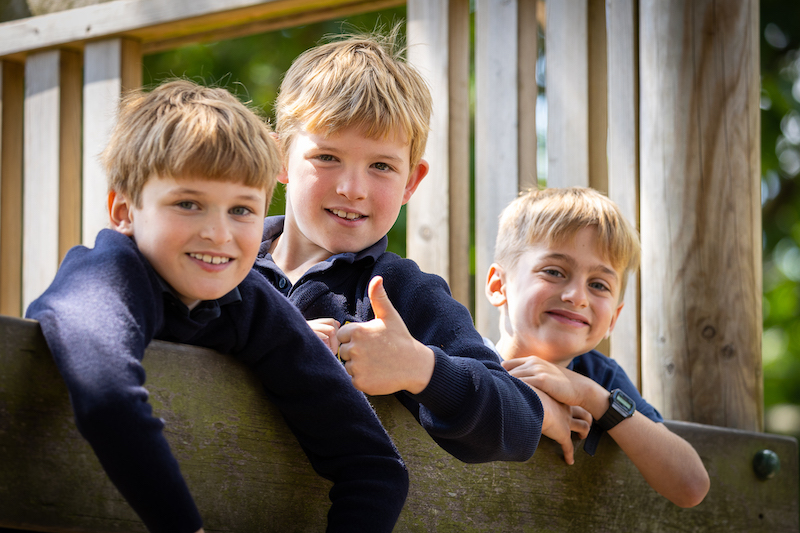The vital role of technology in a holistic approach to wellbeing
Posted on 29th Nov 2022 in Which School?, Wellbeing, School News
Caldicott share how their recently developed ‘Wellbeing Survey’ helps to monitor the happiness of their students
In a fast-paced, evolving world where our children are facing challenges unique to their generation, does it not make sense that the ways in which we support them must also modernise?
Nothing will ever replace the effectiveness of a one-on-one chat between a student and a trusted mentor, but in many cases, by the time this chat comes around, the child has already spent some time struggling in silence. That’s why at Caldicott, under the leadership of Sarah Bisschop, our Deputy Head (Pastoral), we are constantly looking for new ways to monitor our boys’ wellbeing and happiness. The weekly ‘Wellbeing Survey’ is our bespoke system that analyses and tracks the mental wellbeing of each child and identifies individual trends as well as patterns across year groups (and the whole school). Critically, the Wellbeing Survey enables early intervention as and when it’s needed, and can even lead to structural change, if we notice that a year group’s happiness is dipping at certain times of the year, for instance. Being able to add quantitative data to a school’s repertoire of pastoral tools, helps spot early warning signs and make decisions about whether a child might need a one-on-one chat, or some other kind of intervention.
A sceptic might (fairly) suggest that if children are made to do the survey every week, then nine times out of ten they’re not engaging with it. We count on that, and the point is, the one time out of ten when they actually are feeling unhappy or need help, they can very easily reach out. Using the ‘black box’ or directly talking to a teacher about a problem, can seem like simple solutions, but if a child doesn’t want to reach out in such a direct way, the survey allows them to still be heard.
Mr Legge, our Designated Deputy Safeguarding Lead runs the Wellbeing Survey, and agrees with the principles of Dr Roger Morgan, who originally completed the research that underpins our survey. Mr Legge thinks of it as an ‘unhappiness survey’; rather than showing how happy the boys are, it highlights when they are unhappy. The questions are rotated to avoid overfamiliarity, and an algorithm has established a benchmark score to define ‘happy’ and ‘unhappy’. In weeks where scores dip, tutors use their views as experts in pastoral care, and their unique relationship with their tutee to identify why the score has changed, and if necessary, they will escalate and intervene. There are also ‘red flag’ questions, which, if answered a certain way, alert the tutor that they need to investigate immediately.
Recently, a boarder was experiencing homesickness and as such his scores in the Wellbeing Survey were slightly lower than usual one week. The tutor spoke with him and found out the root of the problem was stress due to not having enough time to prepare for pre-tests and carry out his extra-curricular activities. The tutor sat him down and they created a plan for the week which broke up the spare time he had; it ultimately showed that he actually had more free time than he thought. Early intervention in low-level wellbeing issues such as this are vital for a boy’s overall happiness, and in ensuring they don’t develop into a bigger issue down the line.
Over the last couple of years, the Wellbeing Survey has taught us that relying solely on traditional methods when it comes to pastoral care is not enough – we must strive to uncover new approaches that give children easier ways to express themselves.
This article first appeared in the 2023 edition of Which School? You can view the digital version of the guidebook here: